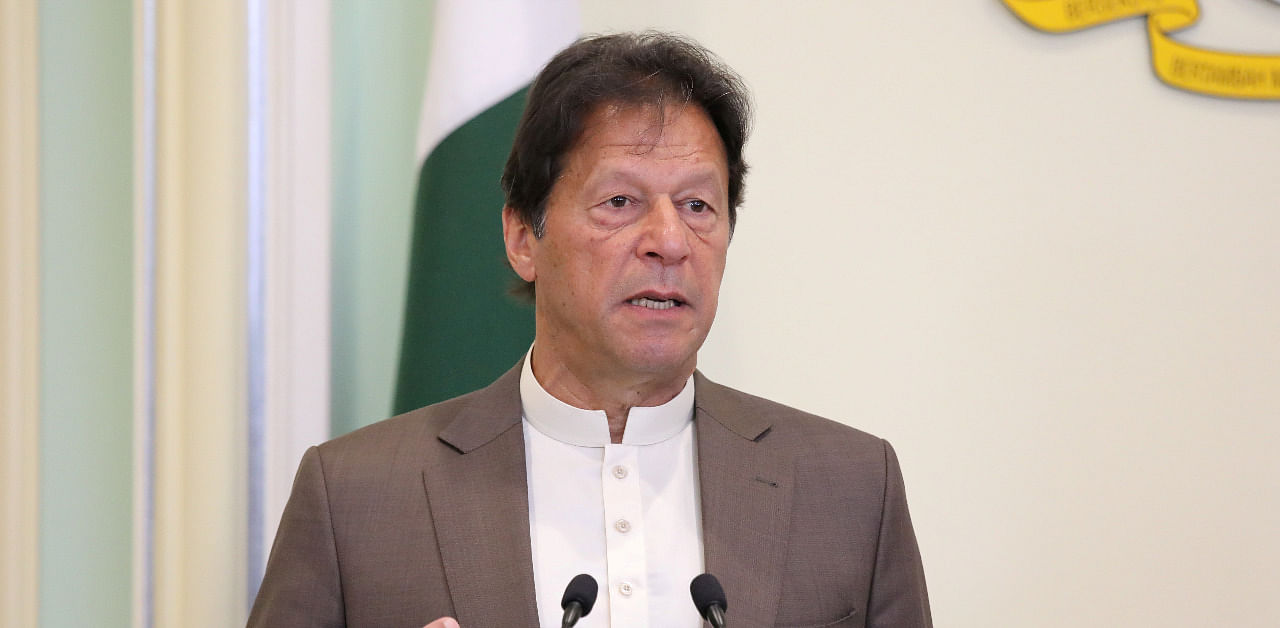
Imran Khan’s government in Islamabad on Sunday sought to lay the blame on India for lack of progress in the 26/11 trial in Pakistan.
After the United States prodded the Khan government to prosecute the Lashkar-e-Taiba (LeT) ‘commander’ Zaki-ur-Rehman Lakhvi for coordinating the 2008 terror attacks in Mumbai, Islamabad reacted, alleging that the trial in the case had been stalled as India had refused to send witnesses to depose before the court in Pakistan.
Islamabad also asked the United States to ‘reserve’ its concern for India’s alleged role in aiding terrorism in Pakistan.
A court in Pakistan on Friday sentenced Lakhvi to 15 years in prison in a case related to financing of terror. New Delhi dismissed it as yet another farcical act by the Khan government in Islamabad.
The US lauded the conviction of the LeT ‘commander’, but noted that his crimes went far beyond financing terrorism. “Pakistan should further hold him accountable for his involvement in terrorist attacks, including the Mumbai attacks,” the Bureau of South and Central Asian Affairs of the US State Department posted on Twitter.
Islamabad reacted, by blaming New Delhi for the impasse in the 26/11 trial. “Pakistan is fully abiding by its own statutes and fulfilment of its international obligations. The investigations, prosecutions & (and) subsequent convictions, through due process, are a reflection of effectiveness of Pakistan’s legal system, which operates independent of any extraneous factors or influences,” the Ministry of Foreign Affairs of Pakistan Government posted on Twitter.
“The legal process in the ‘Mumbai Case’ remains stalled due to reluctance by Indian side to send witnesses for cross examination by Pakistani court,” it added.
Lakhvi had coordinated the November 26-28, 2008 terror attacks in Mumbai from a “control room” set up by the LeT in Pakistan's Karachi. He had been arrested a few weeks after the 26/11 strikes – along with Hafiz Saeed, who had masterminded the attacks, and others. They all had been released later as the trial of the case had not made much progress in the court in Pakistan.
The recent legal proceedings against Lakhvi and Saeed – both designated as terrorists by the UN Security Council – were not related to the 26/11 cases though.
“The (US) State Department is encouraged to reserve its concern for the active aiding, abetting, planning, promoting, financing & (and) execution of terrorist activities by India for which sufficient irrefutable evidence has already been provided,” the Pakistan Government posted on Twitter.
New Delhi on Friday alleged that imprisonment of Lakhvi as well as that of his mentor Saeed and the warrant issued for arrest of the Jaish-e-Mohammad (JeM) chief Masood Azhar were all “farcical actions” by Pakistan Government to get reprieve from the Financial Action Task Force (FATF) – an intergovernmental organization to coordinate initiatives around the world to counter money-laundering and terror financing.
Islamabad has been desperate to get the FATF to remove Pakistan from its “grey-list”. A review of the progress made by the Government of Pakistan in plugging the loopholes in its measures to stop money laundering and flow of funds to the terrorists and the terrorist outfits would be on the agenda of the plenary of the intergovernmental organization next month.
